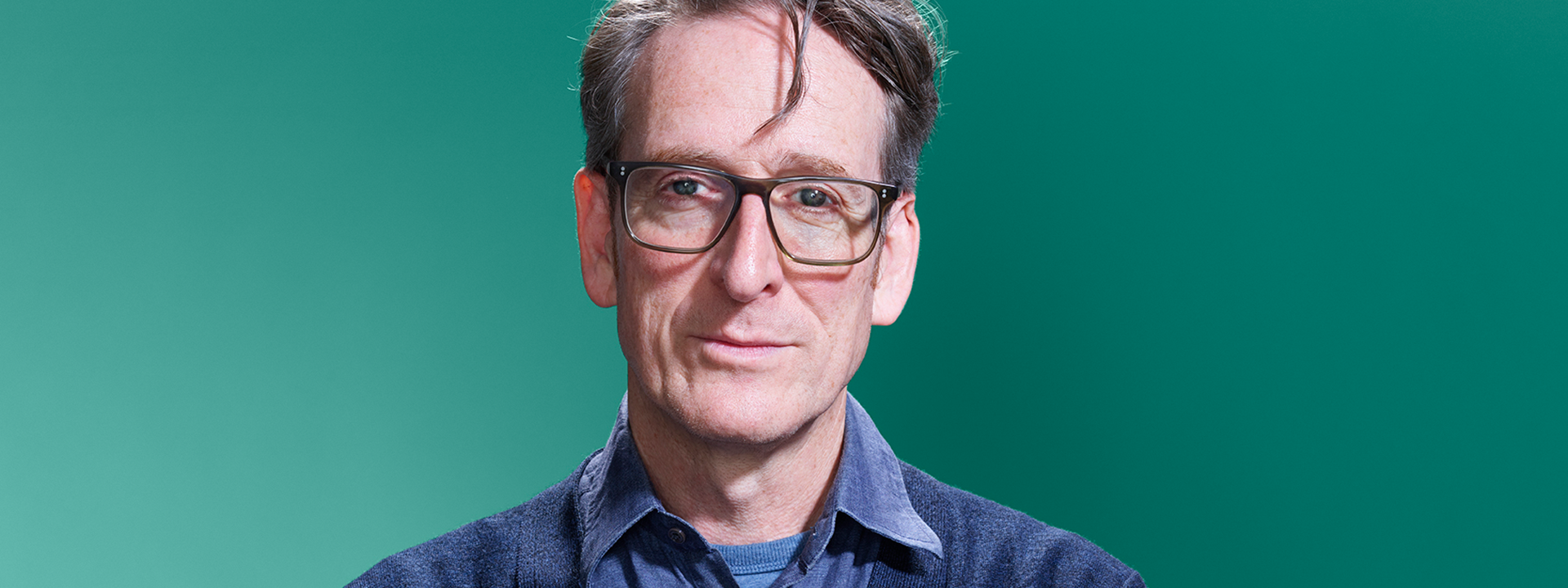Makes You Think
news
Agency News
Published by
Charles Vallance
Date
02/05/2023
Why some brands want to be a choice simplifier
For this month's column, VCCP's Founding Partner and Chairman Charles Vallance explains why
How many thoughts do you have each day? Apparently, as a species, we average out at about 70,000. This equates to more than 4,000 every waking hour.
And if you think that sounds tiring, then let me ask another question. How many decisions do you think (there goes another thought) you make each day? About 30,000 to 35,000 is the answer.
Before we start feeling overwhelmed by this huge volume of mental activity, it is worth remembering that the large majority of this cognitive burden is System 1, ie largely effortless and subconscious.
That said, up to 10% will be System 2, which means that we are still making roughly 3,000 conscious decisions every day.
That’s a lot of decision-making and, by definition, a lot of choices that need ruminating on. This may explain why we often struggle to make up our minds, why we talk about the "tyranny of choice". If choice can be a tyranny, then it's clearly not always a benefit.
The reverse is frequently true. It can be very nice, even a luxury, when choices are made on our behalf. A set menu or meal deal takes the burden away from us. It’s a few less thoughts, a few less decisions that our ever-whirring brains are spared from making.
In evolutionary terms, we are programmed to focus our energies on the things that help us either thrive, or survive. This is life. And it's energy-sapping.
The biggest consumer by far of the body's energy is the brain (at 40% of daily output). So it is perhaps no surprise that we are hard-wired to insulate our brain from conscious choice, just like we insulate our lofts from heat loss. We don't want to waste energy.
In order to reduce our cognitive load, we continually look for mental shortcuts and heuristics. Anything to simplify choice, or to dispense with it altogether.
That's why we develop patterns and routines. Few of us pick up a toothbrush and think, which tooth should I start with first? We have an automatic routine. The same is true of the way we butter bread or open a boiled egg.
Given half a chance, human beings will avoid difficult decisions, and the strongest brands are the ones that understand this most profoundly. In fact, you could argue that the primary role of a brand is to act as a 'choice simplifier'.
Simplicity, of course, is as rare as genius. And it is immensely difficult to achieve. To simplify choice, Robert Woodruff understood that Coca-Cola would need to be “within arm's reach of desire".
It would need to achieve ubiquity. You can imagine how much the distribution manager thanked him for this blindingly simple strategy back in the 1920s.
But at two billion drinks a day, it appears to have paid off, despite the logistical challenge involved.
Another challenge with simplicity is that it's a constant work in progress, an unrelenting race with your competition. We all understand that it’s important to make things easy. But that’s not the point.
The real art is to make them easier. Winning brands are always tackling the next point of friction, ironing out the ridges and seams of the customer journey, replacing deliberation with intuition.
We see this pattern endlessly repeated in any number of markets from food retailing to finance. I’ve lived through the process in banking.
When I first went to university, the only way to get hold of your money was to visit the bank during banking hours, roughly 10am to 3.30pm (but not the hour when the bank was shut for lunch).
Then along came ATMs, then telephone banking, then online banking. Now you can do all your banking on an app in the back of a bus during lunch on a bank holiday.
This process of simplification has transformed the customer experience of finance. But there is one caveat. Outside of first movers (eg First Direct) none of these developments was fundamentally differentiating from a brand perspective.
Despite all the UX upheavals, the biggest brand simplifier in finance remains the same as when I was at university. It's our old friend brand distinctiveness.
Whatever category you operate in, the first and most important step in simplification is to be instantly recalled. Any brand that forces us to rummage around in the corners of our minds (trying to find it under a bag of vanilla wafers) inevitably starts with a huge cognitive disadvantage.
Just as the greatest sprinters leave the blocks on the b of bang, your brand should be recalled, without a moment's thought, on the f of front of mind.


